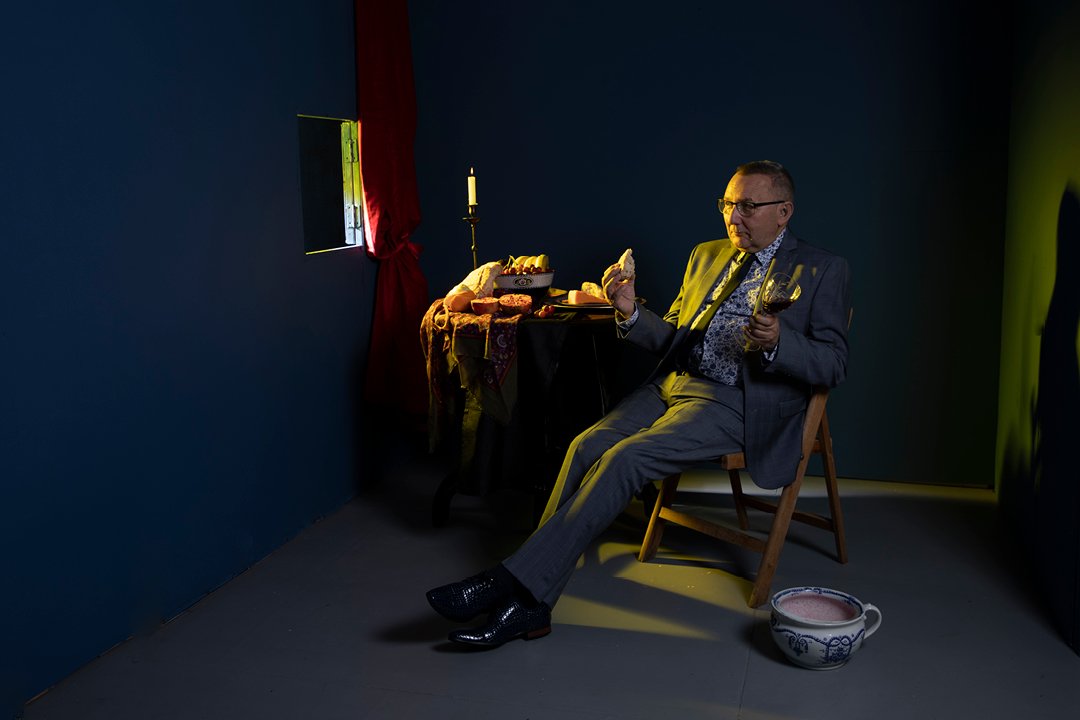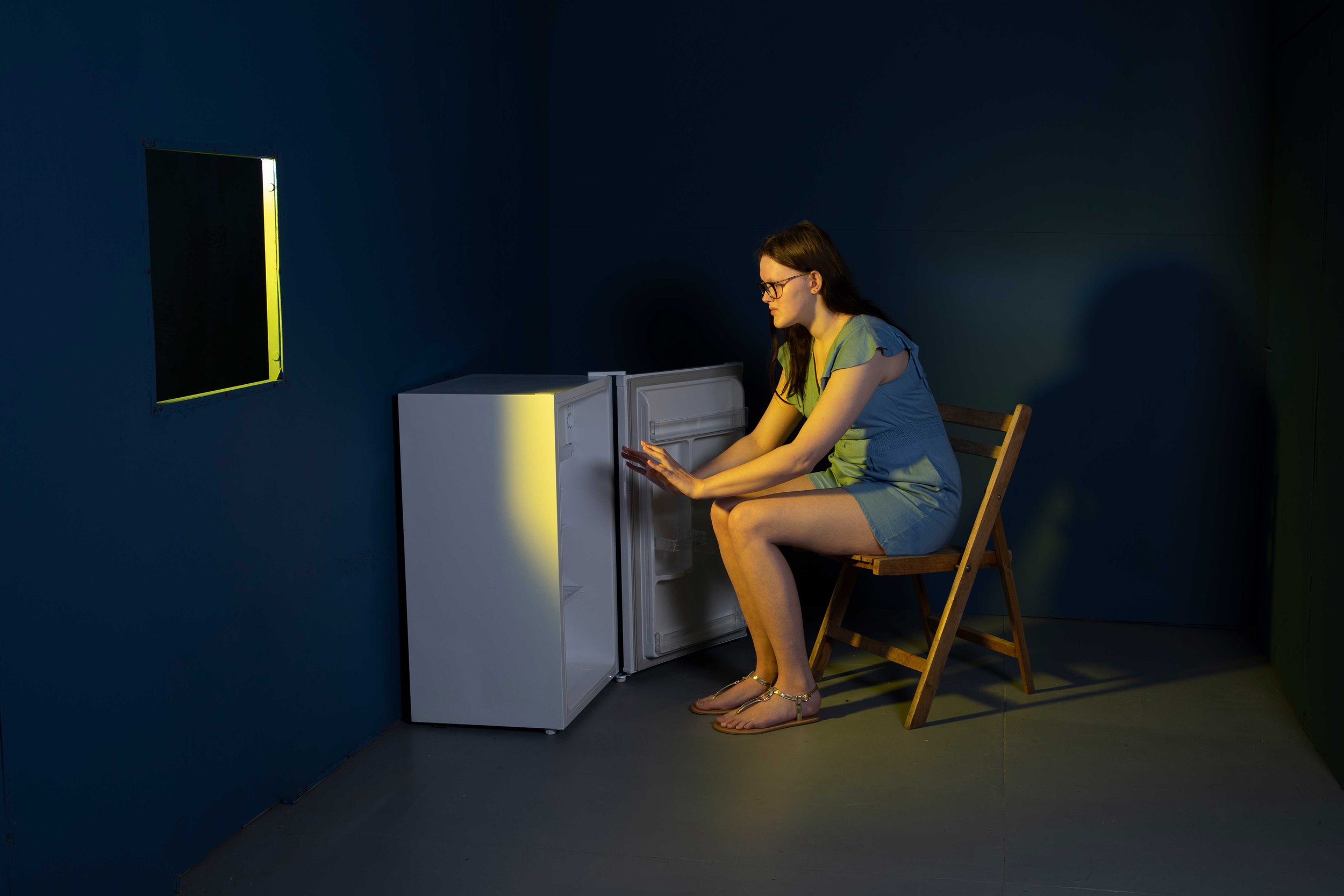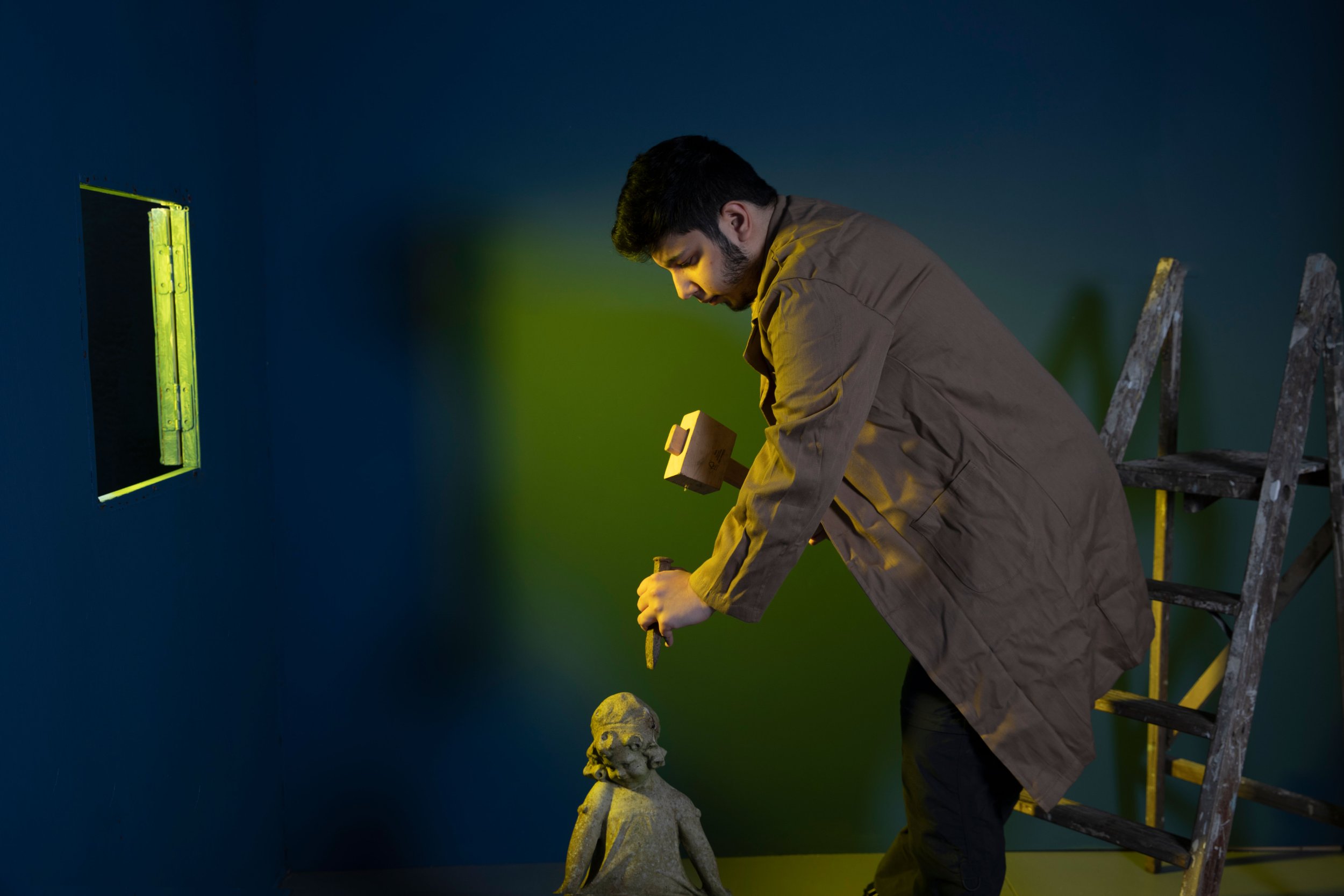Tony has an extremely rare genetic condition called Alkaptonuria (AKU) also known as Black Bone Disease, that can cause damage to the bones, cartilage and tissue of those affected.
In July 2011, at the age of 53, Tony was diagnosed with Alkaptonuria. Before this, he had been treated for severe osteoarthritis, which first came to light when he was treated for a problem with a disc in his lumbar spine. This had become progressively worse until, in 1997 aged 40, he had to retire from the health service where he had worked. He was told that he wouldn’t work again and that it was possible he would end up in a wheelchair by the time he reached 50. He explained to us that;
On reflection, it would have been possible to have diagnosed me at a much earlier date. My mother, a qualified nurse often recounted how my nappies had a purplish ‘tinge’ to them. As a teenager, I had problems with my knees, I had several x rays, saw several specialists and had several physiotherapy treatments. I also had tests carried out on my kidneys due to severe back pain. It was only when I saw a Rheumatologist privately, who recognised the classic symptoms I had developed and who then arranged the appropriate tests that I was finally diagnosed.
Photograph by Ceridwen Hughes for Days of Rare exhibition
Living with AKU has been a challenge at times for Tony.
Losing his much-loved career at the age of 40 was a big blow to him, but he decided to attend university and retrain as a primary school teacher. Over the years his symptoms got worse making it difficult to cope at work and home. The main symptoms he had to contend with were his increasing mobility issues, pain, breathing, lifting issues, and extreme exhaustion. Tony told us;
I remained positive and adapted things to allow me to continue with work and hobbies. I also managed, with support, to care for my wife who was terminally ill, and also for my sister who had Down syndrome and dementia. But eventually, I had to give in and finish work through ill health.
Photograph by Ceridwen Hughes for Days of Rare exhibition
Alkaptonuria, also known as AKU or Black Bone Disease, is an extremely rare genetic condition. AKU stops patients’ bodies from breaking down a chemical called homogentisic acid (HGA) which the body naturally produces during the digestion of food. This means that over time HGA will build up in the body, and although diet is not a determining factor in terms of cause it is still important to follow a healthy balanced diet. A low-protein diet can also be useful in reducing the risk of potential side effects of nitisinone (treatment drug) in adulthood. Over time this build up of HGA, which is a toxic acid, leads to black and brittle bones and cartilage, and early onset osteoarthritis. The build up of HGA in the body can also lead to other, sometimes much more serious health complications such as heart failure. The first symptom most AKU patients will experience is black or dark urine. If left to stand and exposed to the air, the HGA in urine will oxidise and start to turn black, in very young children for example a nappy might turn black over time.
“I try not to let the AKU govern my life but for me to boss it.”
Tony still tries to remain active both mentally and physically. He keeps himself busy, he has built raised beds in his garden to allow him to continue with his passion for gardening. He is also a school governor and a member of a choir. He plans rest times into his days and weeks which he finds difficult as he has always been very active, but the planned rest allows him to do things that he wants to do, even if it’s in a more limited way. He has had to look for solutions to help him wherever he can, like changing to an automatic car which has meant that he could drive further without having to stop to get out and stretch. Remaining positive he says “I try not to let the AKU govern my life but for me to boss AKU.” He still has a very good outlook on life.
I know I am lucky as I have not had to have any replacement joints and perhaps this has helped me to stay positive because remaining positive is important! Previously I have been unable to get on the floor with my grandchildren, but after fighting for 9 years and taking part in a clinical trial I am now able to take nitisinone, which has finally been approved for the treatment of AKU. This has been life-transforming and I can now get back on the floor to play with my grandchildren. I may not be able to play a full game of football but I can at least kick a ball. I get to enjoy their company, give them cuddles, take them to the cinema and have a laugh and be a hands-on Grandad.
The medication has made such a difference in Tony’s life allowing him to do things again that he has previously been restricted from doing.
I think it is important for people to know they can fight for things and what this can do for them and AKU patients.
Photograph by Ceridwen Hughes for Days of Rare exhibition
The AKU SOCIETY
AKU normally only affects one in every 250,000 people worldwide. AKU is a recessive condition that is caused by a mutation of one chromosome, this means that if two people carry the faulty gene, their child still only has a 25% chance of developing AKU. The AKU Society exists to help AKU patients through patient support, community building and medical research.








